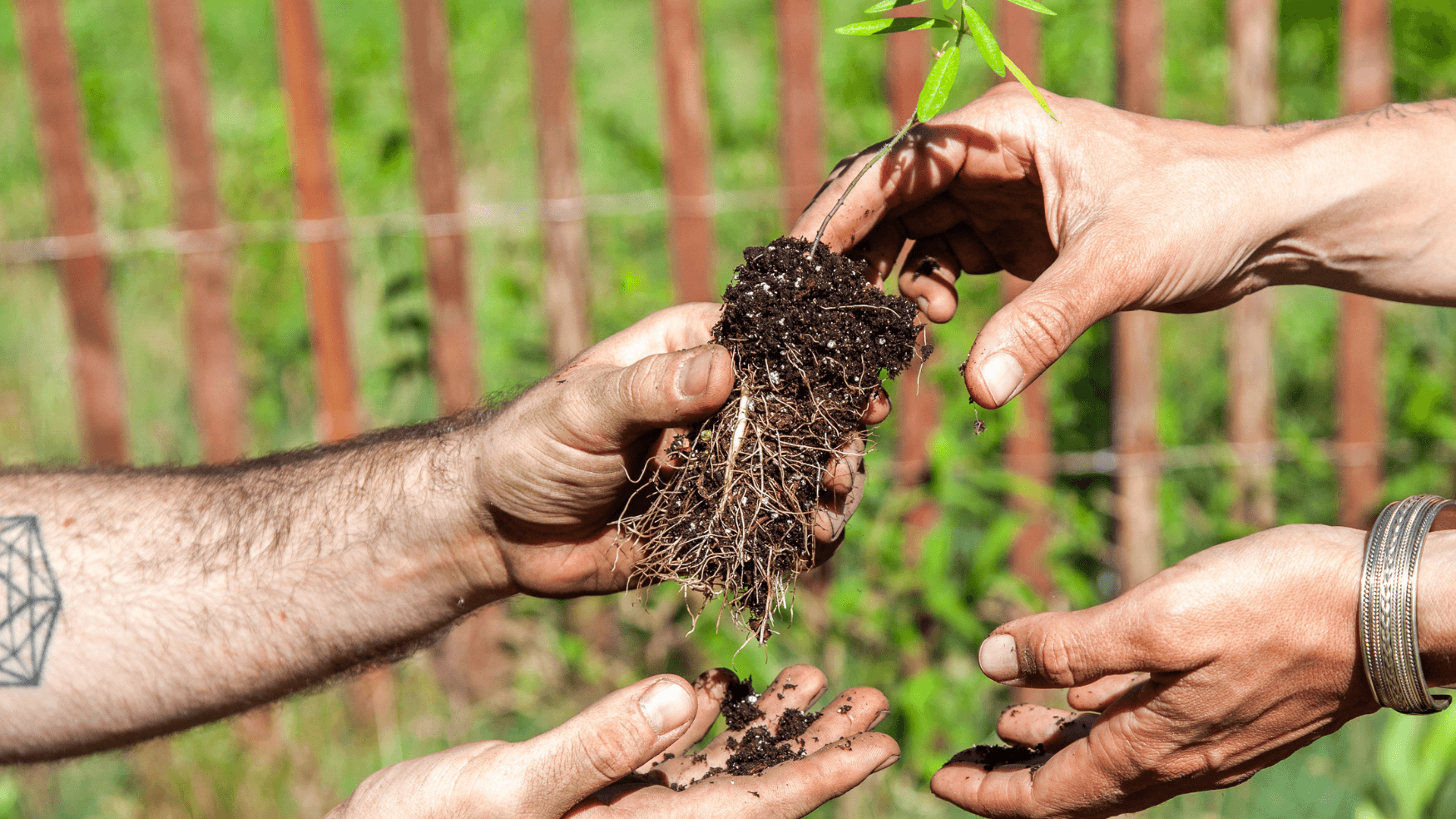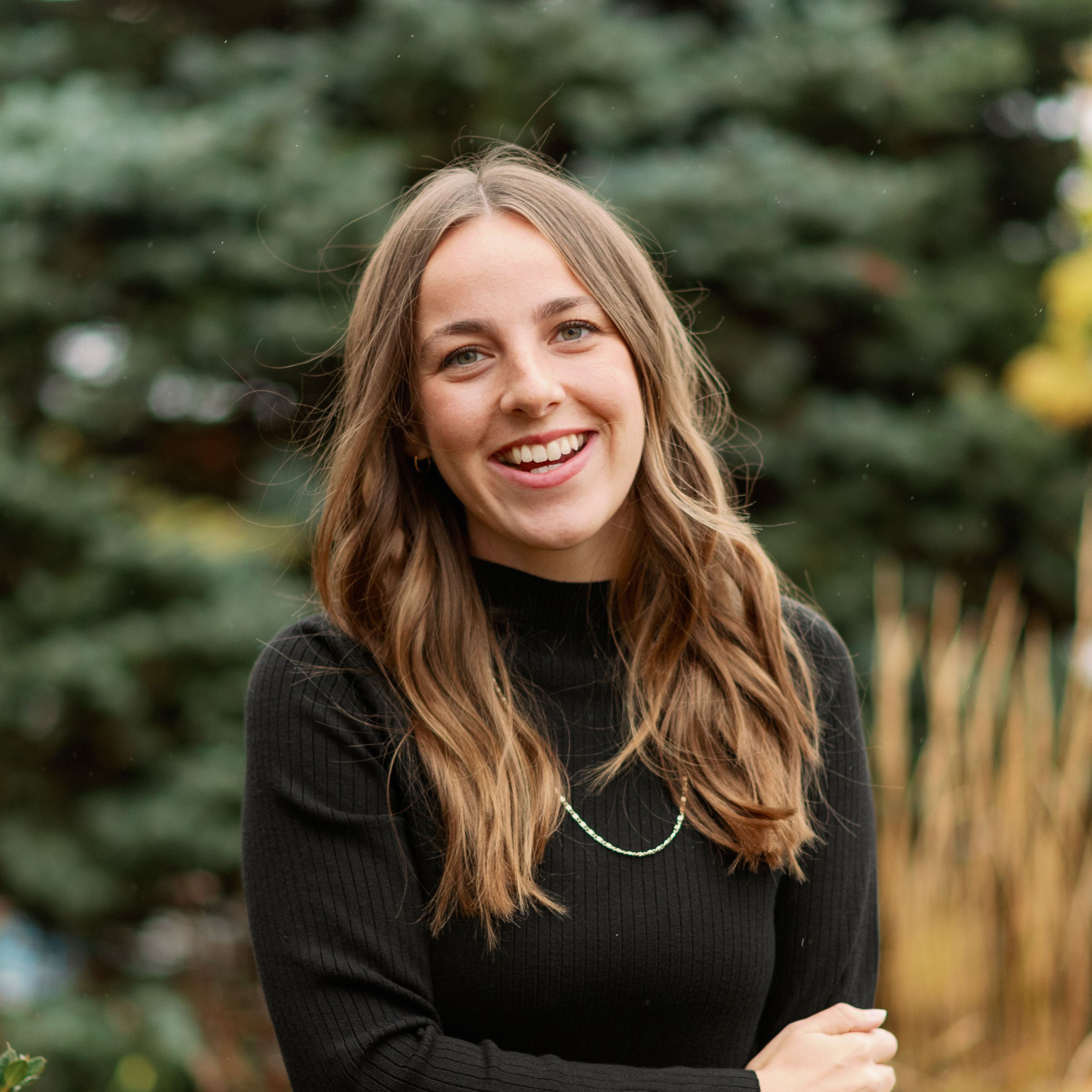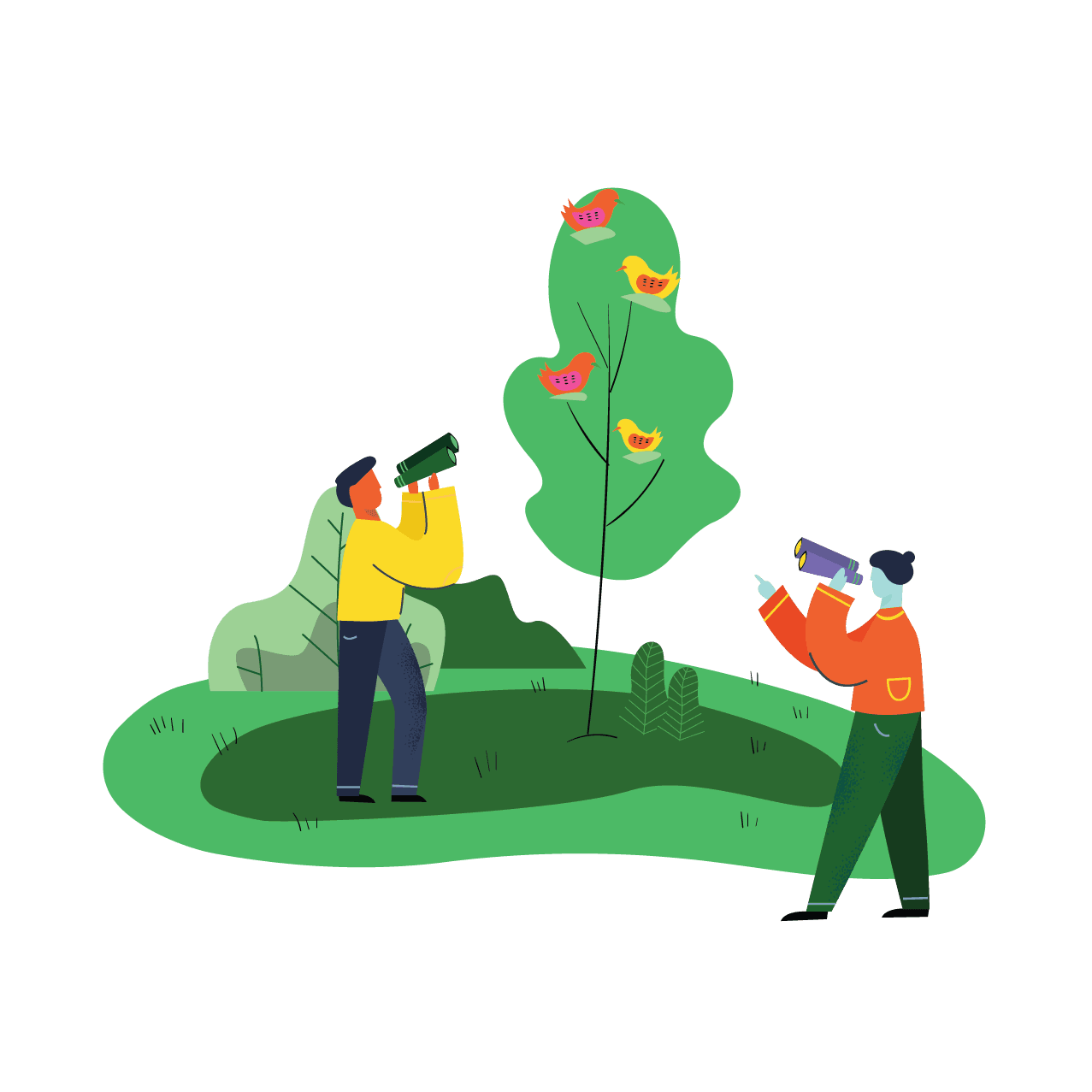- The City of North Vancouver is working to better engage equity-deserving groups in its longstanding Park Stewards program, including people who are underhoused, newcomers, and at-risk youth.
- Outreach strategies include building partnerships with local community organizations, organizing stewardship events tailored to specific groups, and conducting participant exit interviews with honoraria.
- Steps taken to address barriers include providing free bus passes to stewardship events, arranging for staff to travel with participants to events, and conducting regular in-person outreach visits to partner organizations.
In Park People’s recent survey of stewardship program participants in large urban parks, 97% said stewardship contributes to their mental well-being, and 90% to their physical health. Yet, our survey also hinted at critical gaps in who has access to these benefits, with participants disproportionately identifying as cis-gendered women, able-bodied and white.
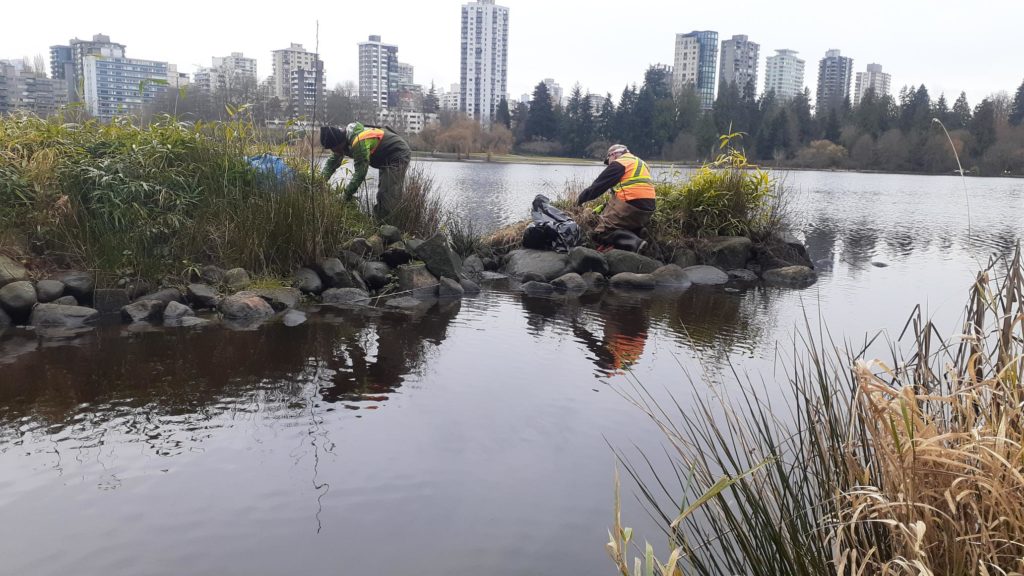
In North Vancouver, the city was noticing similar gaps in its City Park Stewards program—a city-led initiative established in 2001 that offers monthly volunteer events where residents can engage in activities like invasive pulls, native plantings, and educational workshops. To help reach under-represented groups, the city applied for a $5000 grant from BC Healthy Communities intended to support upstream health benefits in the community.
“We applied with the idea that we could enhance community cohesion and sense of belonging through the park stewardship program by increasing inclusivity and diversity,” said Anu Garcha, Planning Assistant at the City of North Vancouver.
When the grant was successful, the city began outreach to partner organizations that serve diverse populations including underhoused communities, newcomers, and at-risk youth, as well as promoting through other city programs like English classes at the public library.
“Building these relationships is very important because it helps us connect with different people in the community,” Garcha said.
At the end of the events, city staff invite participants to share feedback about their experience in a voluntary exit interview. The interview includes prompts about whether participants felt welcome and included, the impact of the events on their sense of connection to others and the environment, and ideas for improvement. Importantly, interview participants are offered honoraria in recognition of their time and insights.
Participants have shared many benefits from the program, including discovering new green spaces, learning more about local ecology, and making new friends.
City staff are taking direction from the interviews to continue maximizing these benefits, said Angela Negenman, Environmental Coordinator at the City of North Vancouver.
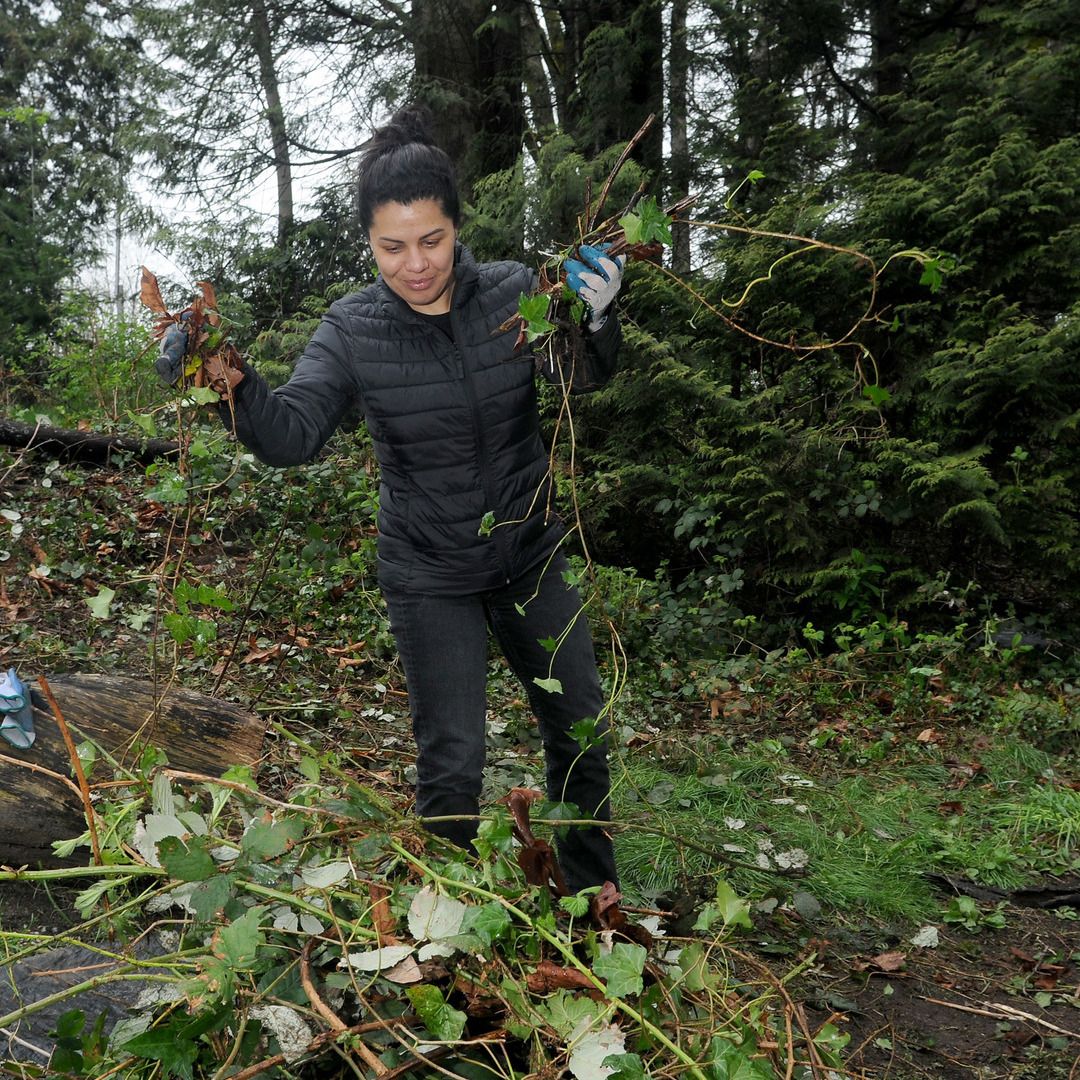
“For those experiencing homelessness, maybe this is something that could give them an edge to get a landscaping job, right? If we are able to figure out what those things are through this process, we'll be able to improve the program.”
The conversations have also unearthed important barriers. For example, city staff learned that getting to the events can be a challenge—not just in terms of accessing transportation, but also feeling comfortable venturing to new parts of the city. In response, the city has provided free bus passes to participants, and when possible, a staff member from the partner organization accompanies participants to the park.
“I wouldn’t have thought of [these barriers] if they hadn’t been shared with us. It’s definitely eye-opening,”
Another learning is that outreach is more effective ‘offline,’ through posters and in-person visits, and must be ongoing, as there is high turnover at many of these organizations. For example, participants from a local shelter are often only there for short-term stays.
It’s not just participants who benefit from the park stewards program. For the city, the program is important in educating the public, building ongoing stewardship habits, and restoring degraded natural areas.
Another unexpected benefit is a morale boost for parks staff. Negenman noted that for operations staff involved with the program, engaging directly with the community and seeing public education in action “just gives them a different perspective on the work.”
These are benefits that Negenman knows firsthand, too: “it’s definitely inspiring, it fills my bucket.”
- Create a welcoming entry point for people who are new to stewardship by hosting a custom kick-off event in partnership with a local organization that serves the community you are trying to reach.
- Conduct interviews with stewardship participants from equity-deserving communities as a way to build relationships and better understand potential barriers, being sure to offer honoraria.
- Commit to ongoing, in-person outreach visits to community partner organizations, recognizing that there is often frequent turnover in the people these organizations serve.
